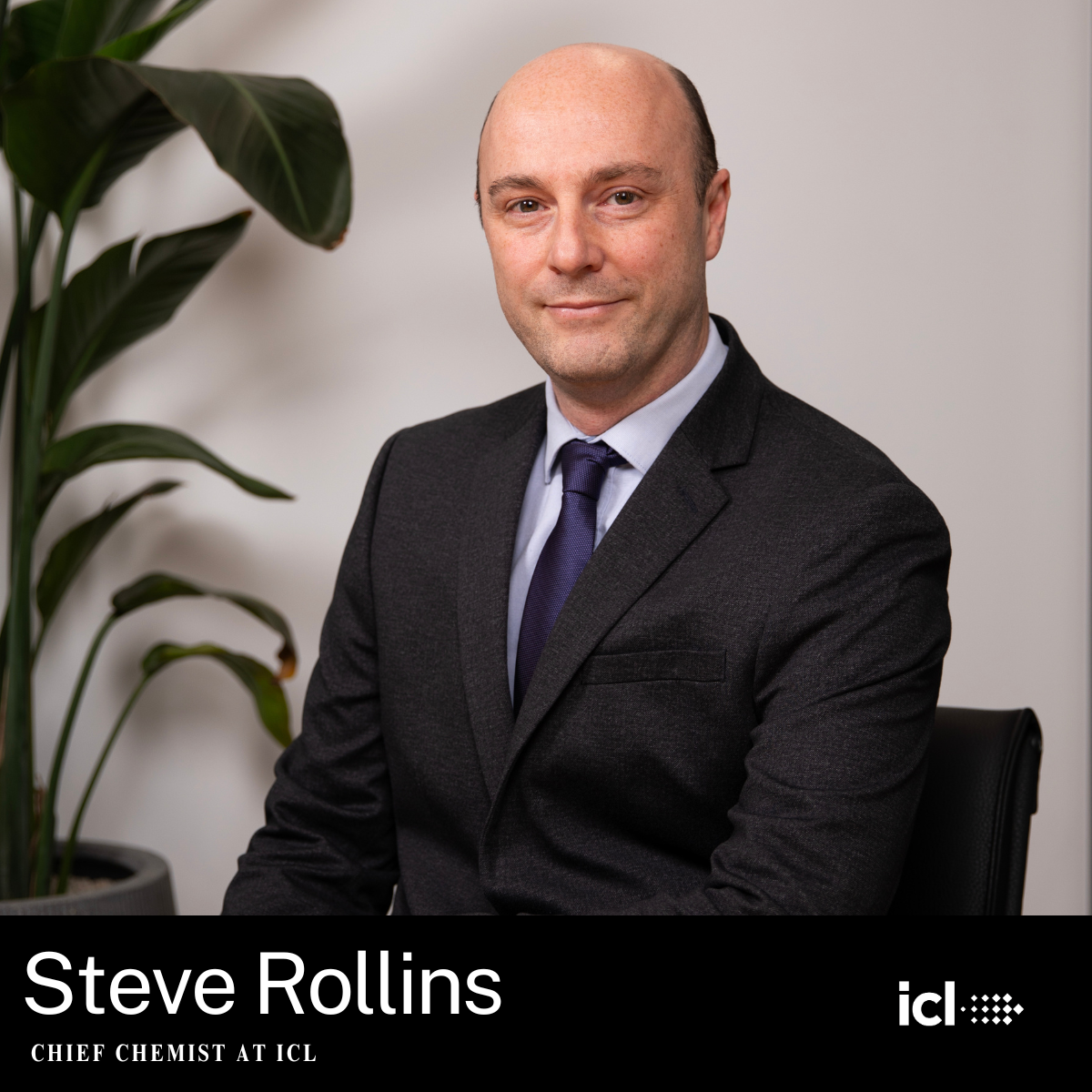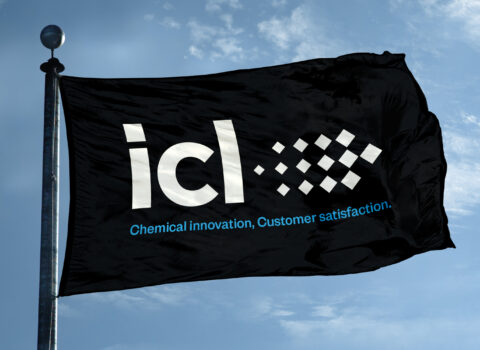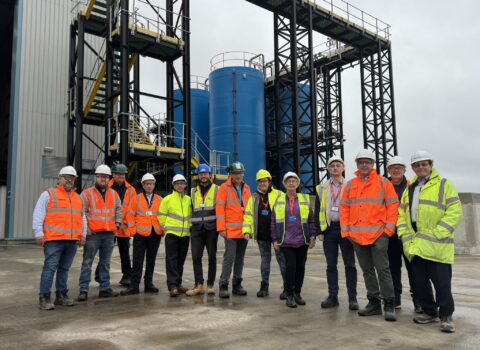

This week, we join the UK in celebrating National Chemistry Week 2025 — a chance to highlight the vital role chemistry plays in shaping our everyday lives and solving some of the world’s biggest challenges.
At ICL, chemistry is central to everything we do, from developing sustainable solutions, to the rigorous testing to ensure that our chemicals consistently meet customer and industry specifications and expectations, to innovating for industries that reach millions of people worldwide. Behind this work is our talented chemistry team, led by Steve Rollins.
To mark the occasion, we sat down with Steve to learn more about his role, his journey into chemistry, and his perspective on the future of the industry.
1. What does your role as Chief Chemist at ICL involve on a day-to-day basis?
My role as Chief Chemist at ICL is incredibly varied — no two days are ever the same. Some days I’m in the lab overseeing experiments and reviewing results, while others are spent in meetings with teams across Europe discussing chemical legislation, global incidents, or new product ideas. I work closely with colleagues across R&D, production, sustainability and safety etc, providing technical advice and data-driven insights to support decisions across the business — from sales and engineering to transport. Although my work has evolved from hands-on lab chemistry to a more consultative role, I still stay deeply connected to the science and enjoy mentoring the next generation of chemists.
2. What inspired you to pursue a career in chemistry?
I’ve always been curious about how the world works — the kind of person who constantly asks “why.” While some people take things apart to see how they work, I was more fascinated by the invisible building blocks that make everything around us tick. Chemistry captured my imagination because it explains the world at its most fundamental level, and that sense of discovery and problem-solving has kept me inspired ever since.
3. Can you share a project you’ve worked on recently that makes you proud?
It’s hard to choose just one project, as even small successes can be rewarding. Recently, I’ve been especially proud of a project focused on recycling a by-product from one of our processes and turning it back into a usable material — reducing landfill while delivering environmental, financial, and production benefits. Our team’s collaboration on this has been fantastic. I also look back proudly on our rapid development of a high-quality, cost-effective hand sanitiser during the Covid pandemic, which performed as well as leading brands in blind tests. It was a great example of innovation, teamwork, and problem solving under pressure.
4. How are sustainability and green chemistry influencing your work at ICL?
Sustainability and green chemistry are central to most things we do at ICL. While these concepts are broad, they influence our decisions at every stage — from designing more energy and material efficient processes to improving waste handling. It’s not just about making our own operations greener; we also aim to develop chemistry and innovations that help our customers and the wider world move toward a more sustainable future.
5. Do you have a favourite element, molecule, or reaction — and why?
My favourite element is iron. ICL has a long history with iron-based products, and I’ve spent a lot of time studying ferric sulphate in particular. Iron is incredibly versatile — it forms the backbone of steel, carries oxygen in our blood via haemoglobin, and makes up most of the Earth’s core, creating the magnetic field that sustains life. Its wide range of uses, both on its own and combined with other elements, is truly remarkable — and something I like to think reflects my own adaptable nature.
6. What advice would you give to young people thinking about a career in chemistry?
My advice to anyone considering a career in chemistry is to follow your passion but also seek out a mentor who can guide you. There’s so much you can’t learn from books alone — real-world experience, insights from others, and curiosity are just as important as formal education. Stay ambitious, keep learning, and never stop exploring new ideas within the field.
7. Looking ahead, what excites you most about the future of chemistry?
What excites me most about the future of chemistry is its potential to tackle some of the biggest challenges humanity faces. From addressing global warming and pollution to managing microplastics and persistent chemicals [PFAS], science has the power to create real solutions. Whether it’s developing carbon capture technologies, improving water quality, or supporting sustainable agriculture, the opportunities to make a tangible, positive impact on the world make this an incredibly exciting time to be a chemist.
National Chemistry Week is a reminder that chemistry isn’t just about formulas and reactions — it’s about people, ideas, and innovation that make a difference in the world.
We’re proud of the work our chemistry team does every day to push boundaries and create a more sustainable future.
To everyone inspired by science and discovery this week: the future of chemistry is bright, and it starts with curiosity.


